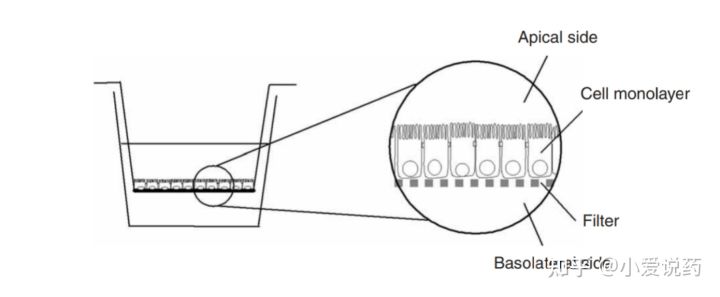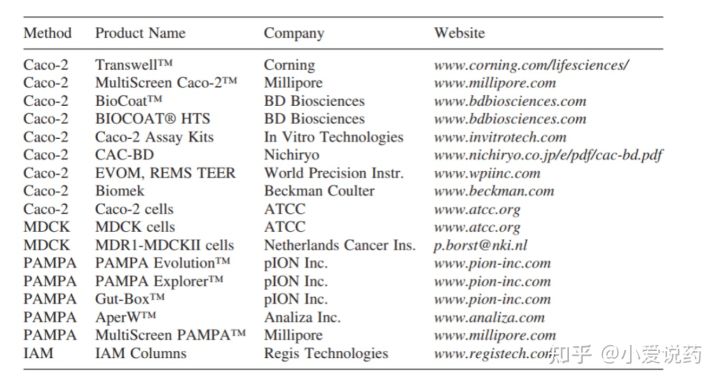Caco-2 permeability
Permeability is a critical parameter to evaluate compound activity not only in vitro cellular assay screening, DMPK studies, also crucial in in vivo data interpretation, which means the velocity of drug when passing through a biological membrane barrier. Drug molecules encounter several different membrane barriers in living systems. They include gastrointestinal (GI) epithelial cells, blood capillary wall, hepatocyte membrane, glomerulus, restrictive organ barriers (e.g., blood–brain barrier [BBB]), and the target cell membrane, which has much impact on bioavailability optimization.
Permeability coefficients across monolayers of the human colon carcinoma cell line Caco-2, cultured on permeable supports, are commonly used to predict the absorption of orally administered drugs and other xenobiotics. ICE Bioscience has the assay ready and ongoing for small molecules and PROTACs, along with biochemical and cellular assay screening. Other transporters selectivity is also under validation now, will support selectivity test soon.

Diagram of a Caco-2 monolayer grown on a permeable filter support.
Hubatsch, I., et al. (2007). "Determination of drug permeability and prediction of drug absorption in Caco-2 monolayers." Nat Protoc 2(9): 2111-2119.

Commercial Instruments and Products for the Measurement of Permeability
地址:北京市通州区科创十三街与经海路交汇处
电话:010-67809840
邮箱:services@ice-biosci.com
官网:http://www.ice-biosci.com/
